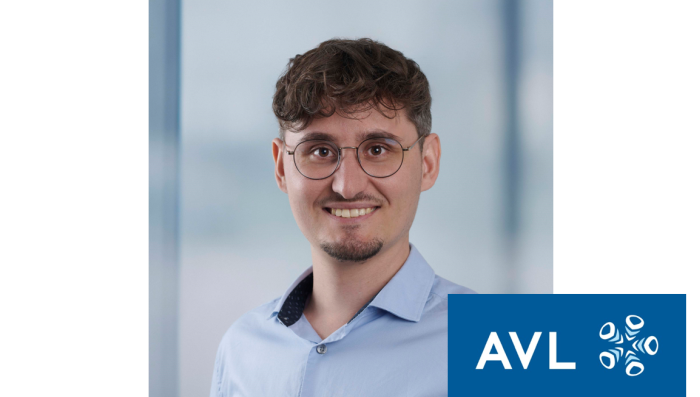Hello, I’m Markus Goll, and I work at AVL, where I’ve specialized in fuel cell and electrolysis technologies over the past eight years, with the focus on system architecture development and simulation. My role in the E-TANDEM project involves performing the simulative analysis of the plant, providing data for further evaluation and leveraging my experience to optimize the system’s performance.
What was your original motivation to become a researcher?
While my primary role is as an engineer, I have a strong passion for participating in research and development (R&D) projects. These projects not only present challenges that require innovative thinking and the development of creative solutions but also offer the opportunity to collaborate with like-minded professionals. While the scientific process is essential for addressing modern challenges, it is my personal interest in research that truly drives my engagement in this field.
What is your (main) research area today?
My work focuses on the architecture, control development, and simulation of fuel cell and electrolysis systems. This includes designing and optimizing system components and developing control strategies to enhance performance and efficiency. Recently AVL set a goal to apply this expertise to the overall design of production plants for e-fuels, aiming to leverage the know-how gained from fuel cell systems to enhance other process steps.
What is the main objective of your team in E-TANDEM?
The main objective of our team in E-TANDEM is to deepen our understanding of the various steps involved in e-fuel production. We aim to develop comprehensive guidelines that will steer the development process and ensure best practices are followed. Additionally, we are focused on creating the tools necessary to effectively design, develop, and simulate an e-fuel production plant, enabling more efficient and scalable solutions in this emerging field.
What expertise and facilities does your team have to meet those objectives?
The team at AVL has over two decades of expertise in fuel cell technology and electrolysis systems, encompassing the entire lifecycle from initial planning and building to testing and scaling of systems. We are further advancing our knowledge in e-fuel production through collaborations with various partners and projects. This comprehensive experience will be systematically applied to meet the project’s objectives and drive its successful execution.
Which aspects of your research at E-TANDEM do you believe are the most innovative and what unique opportunities does E-TANDEM offer to you and/or your organisation?
The project’s core concept—combining a high-pressure Co-SOEC with the E-TANDEM process in a Fischer-Tropsch reactor to produce carbon-neutral higher oxygenate e-fuels—is highly innovative. AVL is aiming at providing the essential tools needed to turn such advancements into reality, and the E-TANDEM project offers an excellent opportunity to further expand our capabilities.
How do you see the future use of the E-TANDEM results and the impact of the E-TANDEM project in our daily lives?
The E-TANDEM project provides an opportunity to assess the technical and economic feasibility of this technology through laboratory testing, simulations, and techno-economic analyses. Following this, scaling up to a pilot plant will be essential for validating the concept. The outcome could be a new carbon-neutral e-fuel alternative that replaces conventional fuels, particularly in the heavy-duty marine and road transport sectors.

